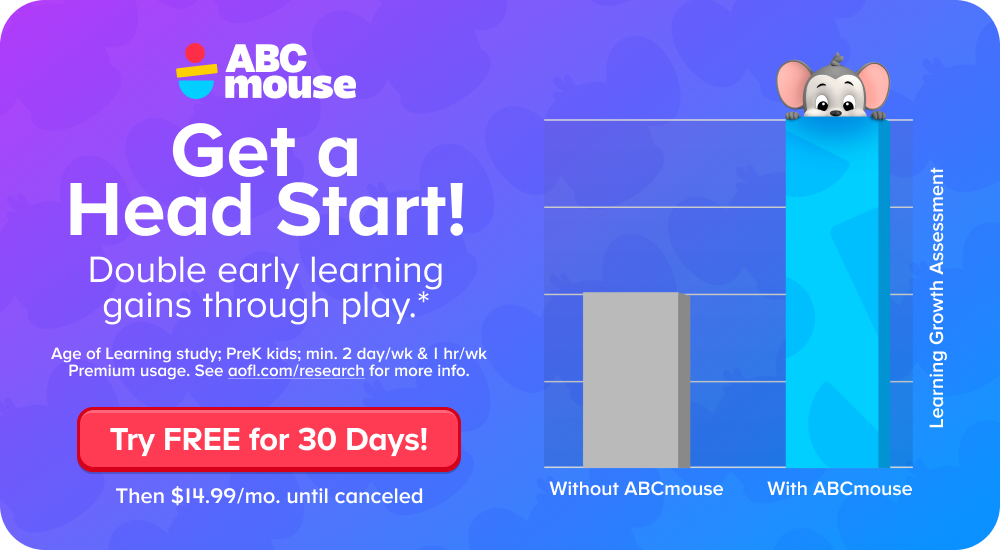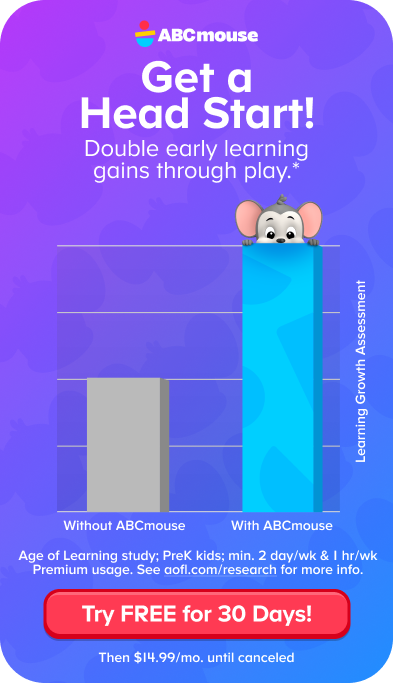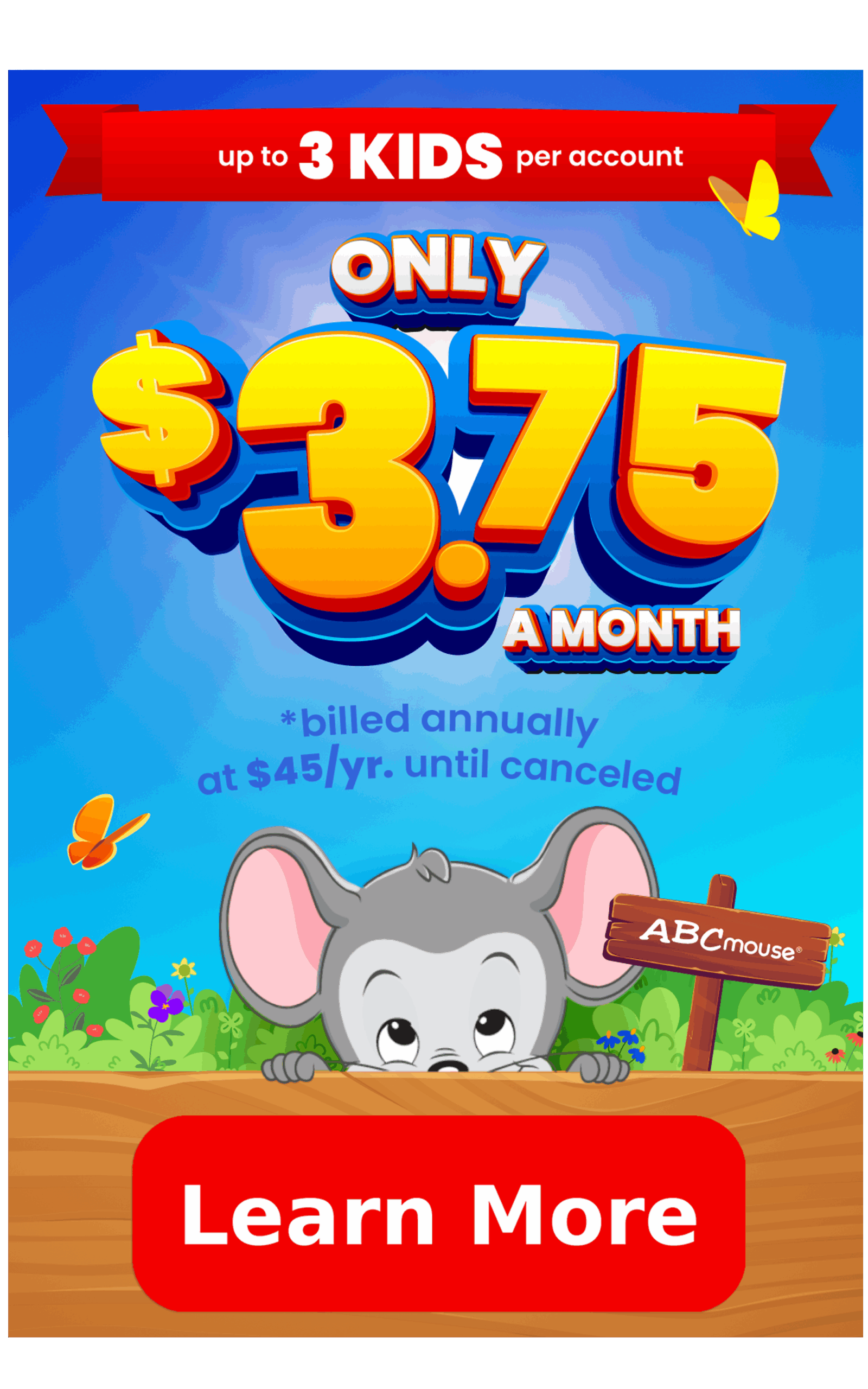
What Skills Should Your Preschooler Have Before They Start School?
Check your child’s school readiness with this helpful list of skills.
Determining if a child is ready to attend preschool involves assessing various aspects of their development, particularly focusing on their age, social-emotional skills, physical and cognitive skills, and so much more.
While many factors should be considered, it’s also important to look at your potential preschooler’s reading readiness and foundational math skills.
The ABCmouse Preschool Curriculum provides a structured, play-based curriculum designed to help children develop these critical skills in an engaging and interactive way.
Preschool Readiness Checklist: Skills Your Preschooler Should Have Before Starting School
Below, you’ll find a general checklist for preschool readiness. As you read it, remember that each child develops at their own pace, and it’s normal for children to not meet all of these criteria immediately.
| Social Skills ✓ Can your child play well with others? ✓ Does your child share and take turns? ✓ Can your child communicate their needs effectively? ✓ Can your child follow basic rules? | Emotional Skills ✓ Can your child separate from their parents without becoming overly upset? ✓ Can your child manage their emotions appropriately for their age? ✓ Is your child able to focus on a task for a period of time? | Physical Skills ✓ Can your child manage bathroom needs independently? ✓ Can your child eat a snack or meal independently? ✓ Can your child put on and take off their shoes and jacket? |
| Cognitive Skills ✓ Does your child recognize some or all letters of the alphabet? ✓ Can your child recognize their written name? ✓ Can your child count to at least 10? ✓ Does your child recognize basic shapes and colors? | Fine Motor Skills ✓ Can your child hold and use scissors? ✓ Can your child hold a crayon or pencil correctly? ✓ Can your child complete a simple puzzle? | Language Skills ✓ Can your child express themselves using complete sentences? ✓ Can your child follow simple two-step instructions? ✓ Can your child understand simple stories read to them? |
This checklist can serve as a guide, but keep in mind that some kids may excel in some areas while needing more help in others. The goal of preschool is to help children grow and learn, so don’t worry if your child hasn’t mastered all these skills before they start.
One of our curriculum experts answers your questions about preschool and kindergarten readiness!
What social-emotional skills should my preschooler have before they start school?
Starting preschool is a huge milestone in your child’s life. For many children, it’s the first time they will be away from their grown-ups for an extended period, so it’s important that they are prepped and ready for their big year ahead.
While it’s great to prepare your child for the reading and math they will be learning at school, it is perhaps equally as important for them to be prepared socially and emotionally. Social-emotional skills provide children with the foundation for entering preschool successfully and help them better absorb lessons in reading, writing, and math.
Social-emotional skills checklist:
- Have the ability to attend to others
- Practice patience
- Be able to help themselves with certain age-appropriate tasks
- Be able to follow simple directions
- Control and regulate emotions

Your preschooler is learning to learn and while it’s not expected that they have these social-emotional skills mastered before entering the classroom, it’s good to practice these things with them in order to set them up for success, as it can affect their ability to learn and absorb information.
Here are some things you can do at home
- Independent tasks:
Encourage your child to try different tasks by themselves (with your assistance when needed). Washing their hands, putting on shoes, and unbuttoning their coat are excellent things for them to practice independently.
- Games with directions:
Play games or sing songs that include simple directions. Try a game of Simon Says or Hokey Pokey, and be sure to have fun in the process.
- Handling emotions:
Encourage your child to try different tasks by themselves (with your assistance when needed). Washing their hands, putting on shoes, and unbuttoning their coat are excellent things for them to practice independently.
In addition to social-emotional skills, there are certain reading and math skills that you can practice with your child.
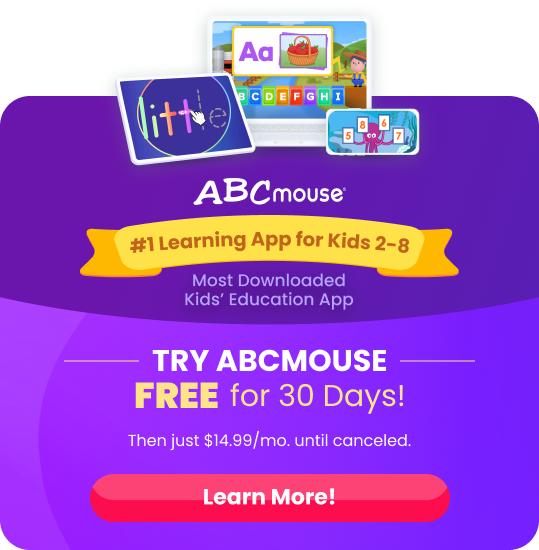
What reading skills should my preschooler have before they start school?
Before starting school, preschoolers should ideally have some fundamental reading skills to help ease their transition into a more structured learning environment. These skills include:
Reading skills checklist:
- Recognizing and naming the alphabet
- Understanding that printed text represents spoken language
- Beginning to grasp the concept of phonics, such as the sounds that letters make
- They should show an interest in books
- Be able to handle a book correctly (knowing the top from the bottom and how to turn pages), and be able to follow simple stories
- Recognizing some sight words, like “stop” on a stop sign
- And the ability to retell a favorite story in their own words are also beneficial skills
- Preschoolers should be able to listen to and discuss storybooks, which helps with comprehension and the development of critical thinking about the content and the structure of stories
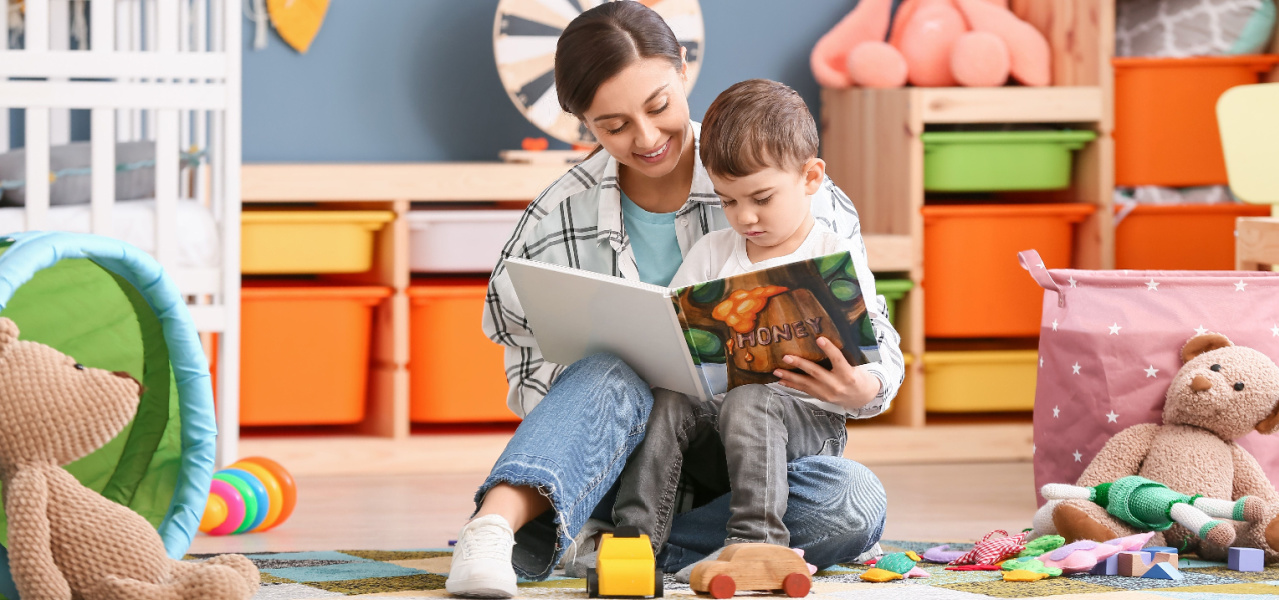
Here are some things you can do at home
- Sing songs:
Learning and singing their favorite songs is an excellent way to increase your child’s literacy skills.
- Read books:
This is a given, and while your preschooler is not expected to read, they should have an understanding of storytelling.
- Have conversations:
It may seem simple, but having a conversation with your child can increase their reading comprehension.
- Point out environmental print (words and letters you see in your surroundings):
This is a great way to practice recognizing sight words (a.k.a high-frequency words) early on.
- Make-up silly rhymes:
Rhyming encourages children to understand sounds and language formation. Check our our huge collection of rhyming resources for kids, including books, poems, worksheets, and more.
- Early learning apps:
Early learning apps like ABCmouse can be a fun and easy way to help your young child prepare for preschool reading and math.
What math skills should my preschooler have before they start school?
Before beginning school, preschoolers should have a foundational set of math skills to support their academic growth. These skills include:
Math skills checklist:
- A basic understanding of numbers
- Being able to count at least up to 10
- Recognizing numbers in print up to at least 5
- Grasp of concepts such as more or less, bigger or smaller, and same or different,
- An awareness of patterns and shapes in their environment
- Simple sorting and classifying objects by attributes like color, shape, or size
- Begin to understand the concept of time through daily routines
- Develop spatial awareness through play, such as building with blocks
- Being able to complete simple puzzles is another indicator of developing math skills
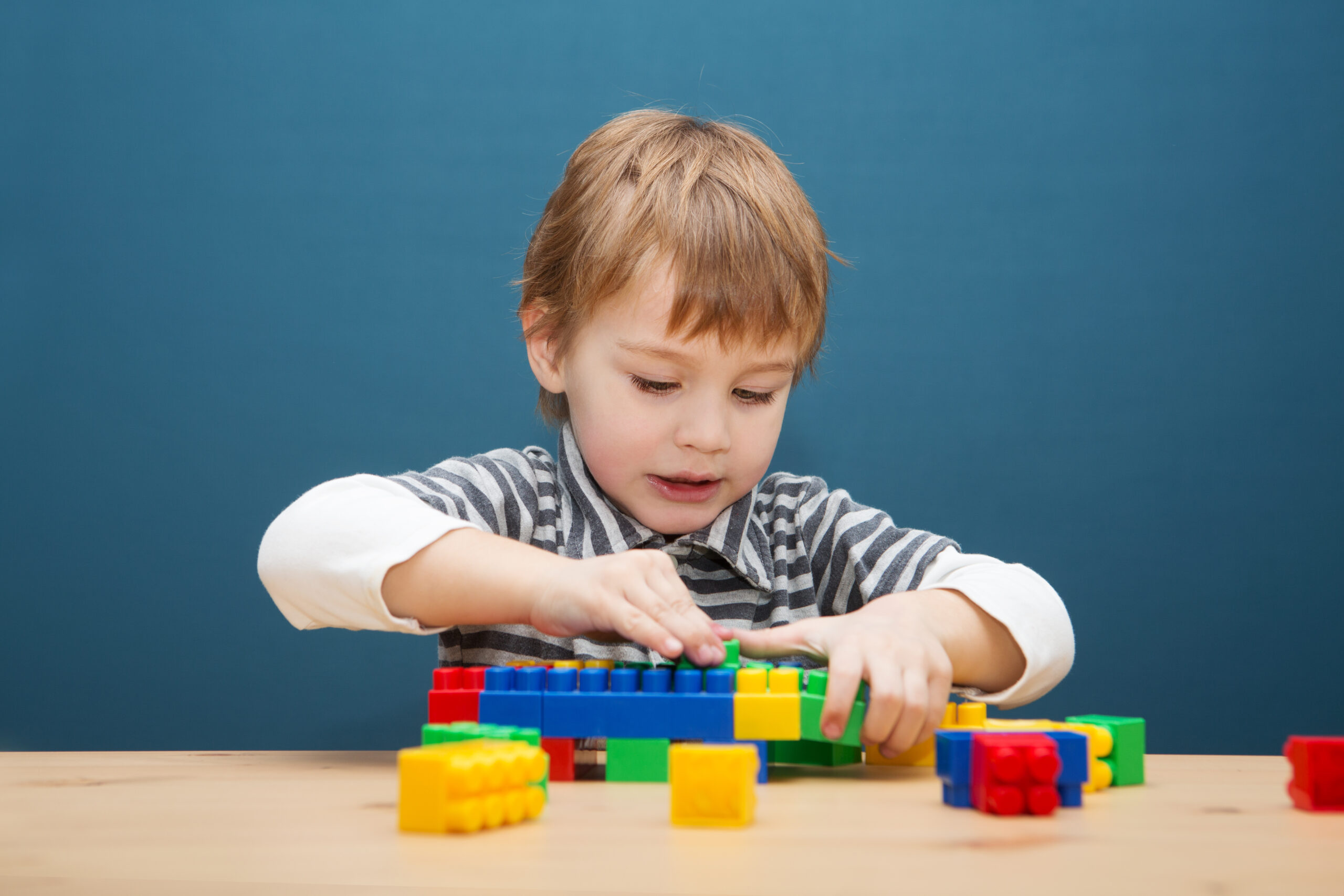
These early competencies provide a platform for the mathematical learning that will occur in the primary school years.
Here are some things you can do at home
- Bath time measurements:
Take a few cups and pour water into them. You can ask your child which one has more and which one has less to introduce math vocabulary. See our list of other fun preschool measurement activities to try.
- Shape hunt:
Ask your child to find different shapes in your house. To get them started a helpful example is to have them look at a plate and identify it as a circle. Shape hunting is a fun game you can play indoors and out. You can also check out all the fun shape worksheets that we have to offer.
- Counting toys:
Start off with counting up to 5 and ask your child to count their toys as they clean up. Once they get to 5, feel free to start counting again from 1.
These games and other hands on math activities can be naturally woven into your day so that they feel natural and fun, and something your child will enjoy doing. Repeating these activities can help them internalize these math skills.
- Number sense: Knowing and recognizing numbers and being able to count
- Measurement and data: Being able to determine the size of things ie is it big or small
- Shapes: Recognize and identify different shapes
This is a big year for your child, full of lots of challenges and milestones. The tips above are meant to support your child as they embark on their education journey. Preparing your child for preschool is just one way to set them up for years of success.
Additional Resources
ABCmouse has educational preschool activities designed by early education experts to help your child keep learning:
Reading Worksheets for Preschoolers
This collection of reading worksheets aims to help preschool children grow their early reading skills.
Browse →
Fun Reading Activities for Preschoolers
Engage your child with interactive reading activities that add some fun to learning.
Browse →
Interactive Measurement Activities for Preschoolers
Have a great time exploring the concept of measurements with these engaging activities.
Browse →
These resources offer a blend of activities and educational content that can make learning reading and math a fun and rewarding experience.
ABCmouse’s expert advice review process:
Our team of ABCmouse Curriculum Experts, made up of talented professionals in early childhood education and development, take a close look at educational content and learning claims. They put in the effort to make sure our information is accurate and current. We have a certified educator or another respected authority review the content, matching their expertise with the topic at hand. They’ll make sure the content is thorough and follows the latest research and educational guidelines. If they think we can make things even better, they’ll chat with our editorial team, and we’ll make those improvements right away. Only after a reviewer gives their thumbs-up does a piece of content get the official stamp of approval in the byline.


